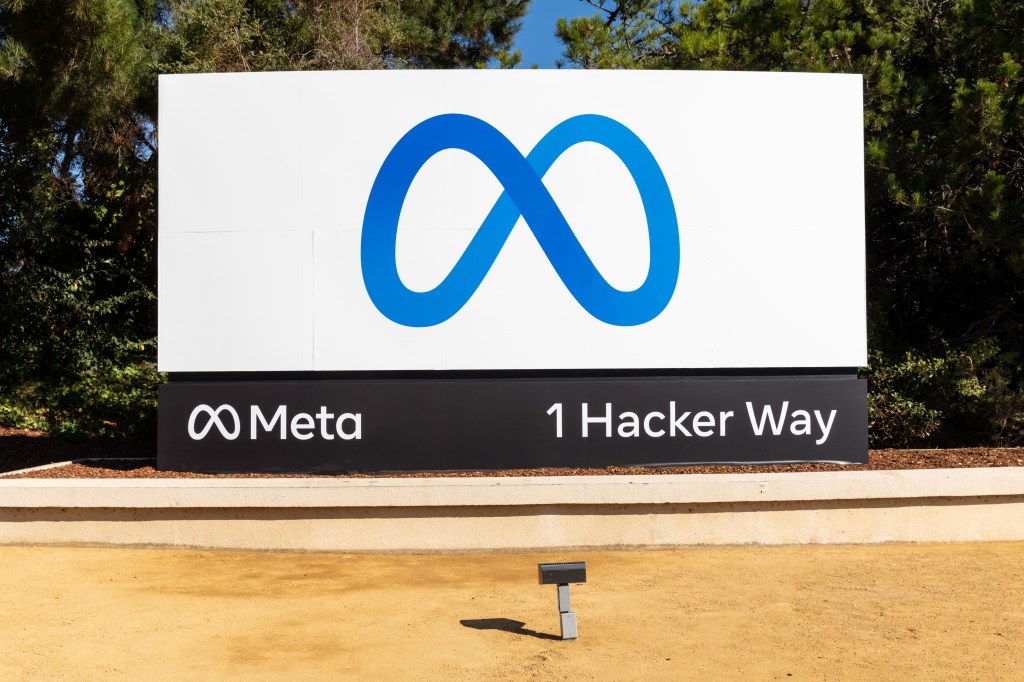Just days after rebranding itself, Facebook announced plans to delete a trove of the most worrisome data that the world’s biggest social network collected on more than a billion individuals.
In a blog post Tuesday, Facebook’s newly named parent company Meta explained that it would close shop on its facial recognition systems and delete a massive collection of more than a billion facial recognition templates used to pair faces with photos and videos. Facebook will no longer do that pairing moving forward for users who previously opted in.
Facebook introduced facial recognition in 2010 to automatically tag photos with names. The feature was automatically enabled at launch, and Facebook only made the system explicitly opt-in in 2019, a choice that explains how it managed to compile more than a billion facial recognition profiles.
“Looking ahead, we still see facial recognition technology as a powerful tool, for example, for people needing to verify their identity, or to prevent fraud and impersonation,” Facebook VP of artificial intelligence Jerome Pesenti wrote in a blog post. “… But the many specific instances where facial recognition can be helpful need to be weighed against growing concerns about the use of this technology as a whole.”
Pesenti noted the uncertain environment for facial recognition technology in the decision to limit Meta’s facial recognition work to a narrower set of applications.
At this point, Facebook’s face recognition system was probably more trouble than it was worth. Many proposals to regulate online privacy in the U.S. remain hypothetical, particularly at the federal level, but existing laws can complicate the use of facial recognition technology. Among them is an Illinois privacy law known as the Biometric Information Privacy Act (BIPA), which has ensnared some of tech’s biggest companies.
Earlier this year, Facebook was ordered to pay $650 million in a BIPA settlement for using facial recognition to identify Illinois residents’ photos without their consent. The controversial facial recognition firm Clearview AI is also currently facing a BIPA lawsuit in the state. The FTC also cited Facebook’s use of facial recognition in its record-breaking but ultimately toothless $5 billion settlement with the company over deceptive privacy practices.
Facebook’s decision to turn away from facial recognition is a symbolic gesture on the heels of the company’s big rebrand around the metaverse. Concerns about Facebook’s privacy and moderation failings have done little to dent its business, but public distrust and looming regulation will follow the company into its next chapter, rebrand or no.
As the company now known as Meta tries to reposition itself as a trustworthy steward for the next internet era, it has its work cut out for it. Attempting to cast off some baggage from previous privacy scandals is a shrewd move — and ultimately a win for users — even if nobody buys the sudden change of heart.
Facebook will pay $650 million to settle class action suit centered on Illinois privacy law































Comment